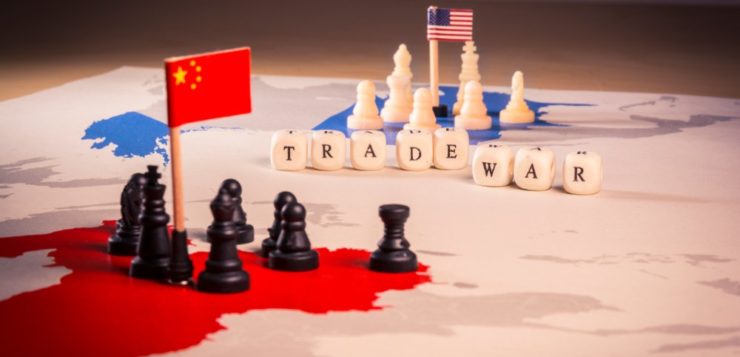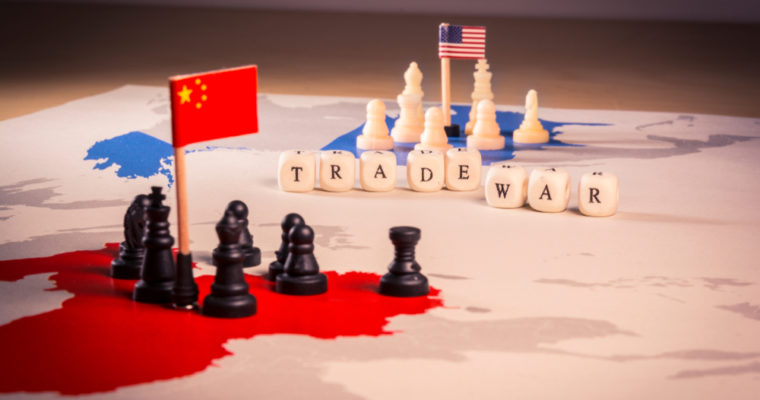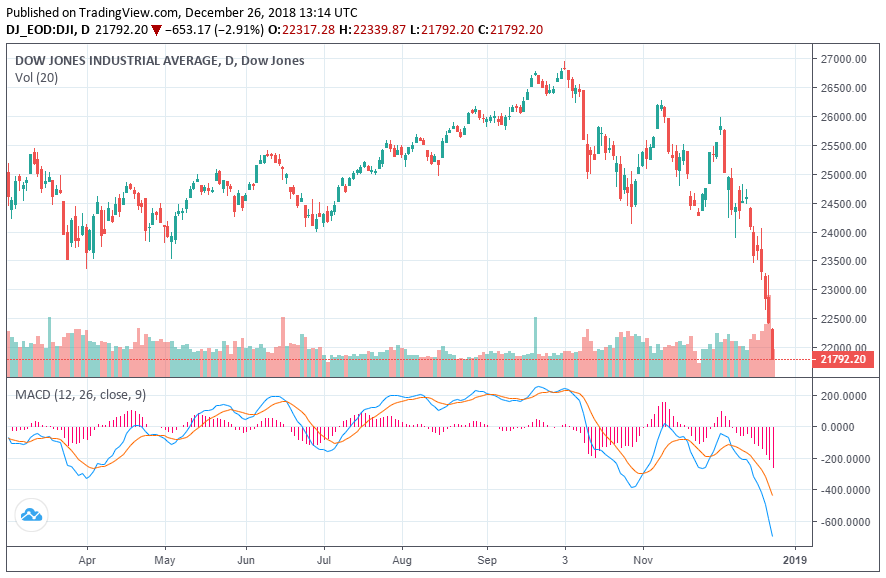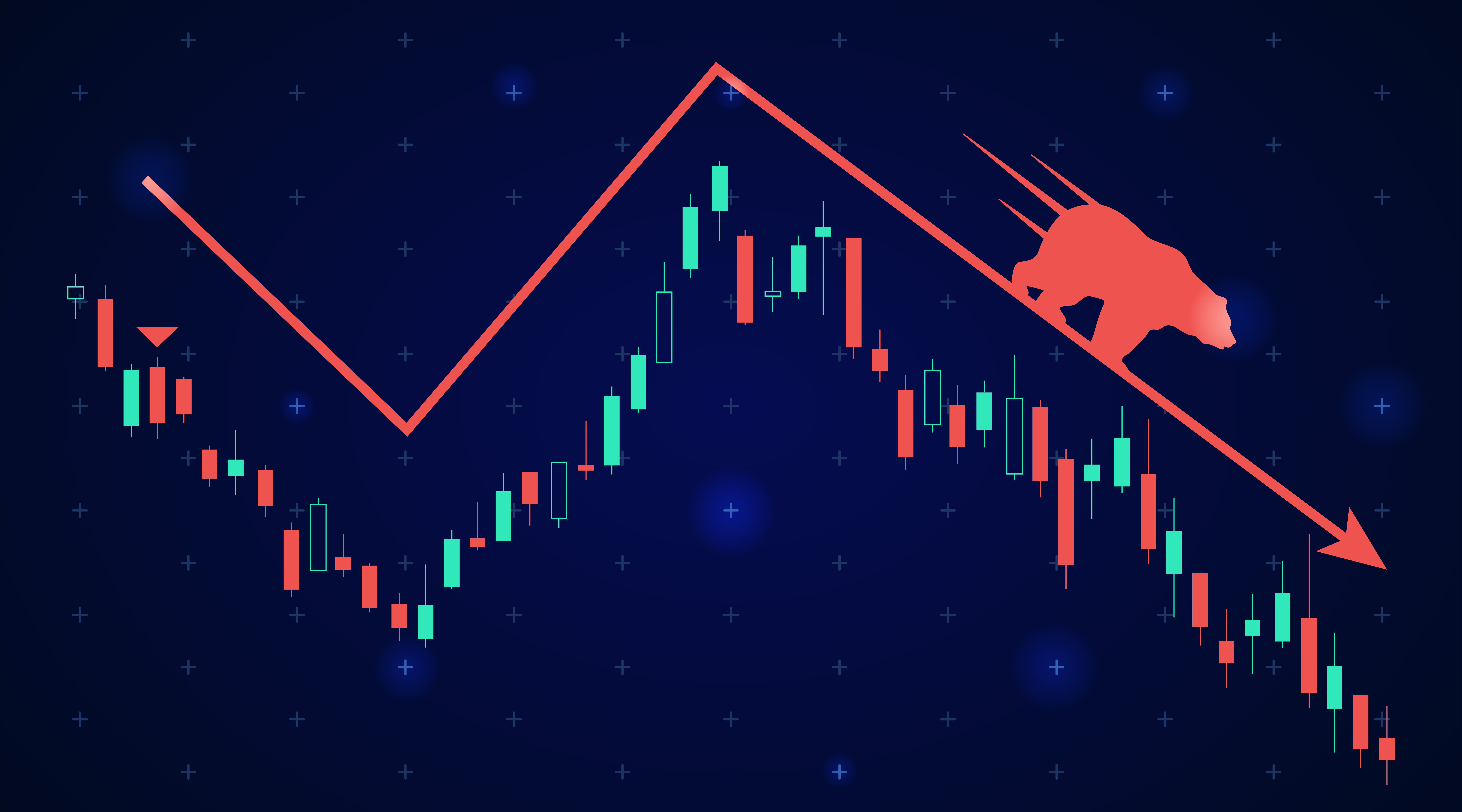Following the arrest of Huawei CFO Meng Wanzhou in Canada, the U.S. government has filed two criminal charges against Chinese nationals for allegedly stealing sensitive information from Western businesses, intensifying the trade war between the U.S. and China that may ultimately place more pressure on the falling Dow Jones.
On December 21, Adam Segal, a cybersecurity expert at the Council of Foreign Relations, said that the Chinese government is unlikely to respond with an immense reaction, given that no sanctions were imposed against China or the Chinese nationals involved in the case.
However, the Chinese Foreign Ministry has warned the U.S. that it may damage the relationship between the countries, which has significantly worsened throughout the past six months due to the ongoing trade war.
Trade War Not Getting Better
In all areas from car manufacturing to technology, the trade war is negatively affecting major conglomerates in both the U.S. and China.
Currently, Tesla, the $54 billion electric car maker, is selling its Model 3 in China at a lower cost than its initial value due to the tariffs the Chinese government placed on car imports.
In July, Tesla China increased the price of the Model S and X by more than $20,000, affected by the 40 percent tariff the government tacked onto imported vehicles.
Last week, the U.S. government and China agreed to lower the tariffs on cars with no official figures released. On December 25, the Chinese government suspended tariffs on vehicle imports for three months from January 1, 2019, to March 1.
Tesla China reduced the price of the Model S and X by 12 to 26 percent, and the price of the Model 3 was readjusted to $72,000. Still, in comparison to the $49,000 price tag in the U.S., the car is still 46 percent more expensive in China without any additional option.
While both governments have eased the pressure on car manufacturers, many industries including agriculture are struggling to cope with the tariffs.
For the first time since the beginning of the trade war, China did not import any soybeans from the U.S. in November. This week, in response to the increase in tariffs on seafood, Evergreen, a leading aquaculture and feed conglomerate in China, said that it is considering a suspension on exports to the U.S. for the foreseeable future.
Leo Xie, sales manager for Guangdong Evergreen Group, said that as the tariffs on seafood increased from 10 percent to 25 percent, buyers in the U.S. started to refrain from purchasing seafood products from China.
He said:
When the proposed tariffs were 10%, in mid-August, at around the 12th or 13th, I was talking with customers about how we could manage it; 99% of them were on board, saying they could manage the tariff. But then suddenly Donald Trump said he’d increase the tariffs to 25%. Buyers said if you can’t ship product which arrives in the US before the end of September, don’t send it.
Dow Jones Suffers
If the trade war between the U.S. and China does not subside in the short-term, it could continue to remain as a driving factor of the sell-off in U.S. markets alongside the Federal Reserve’s high-interest rate.
The Dow Jones is 300 points away from officially being in a bear market, and the lack of progress in improving U.S.-China relations could build up sell pressure on the Dow Jones and other major U.S. stock market indexes.
Featured Image from Shutterstock. Charts from TradingView.
Get Exclusive Crypto Analysis by Professional Traders and Investors on Hacked.com. Sign up now and get the first month for free. Click here.









